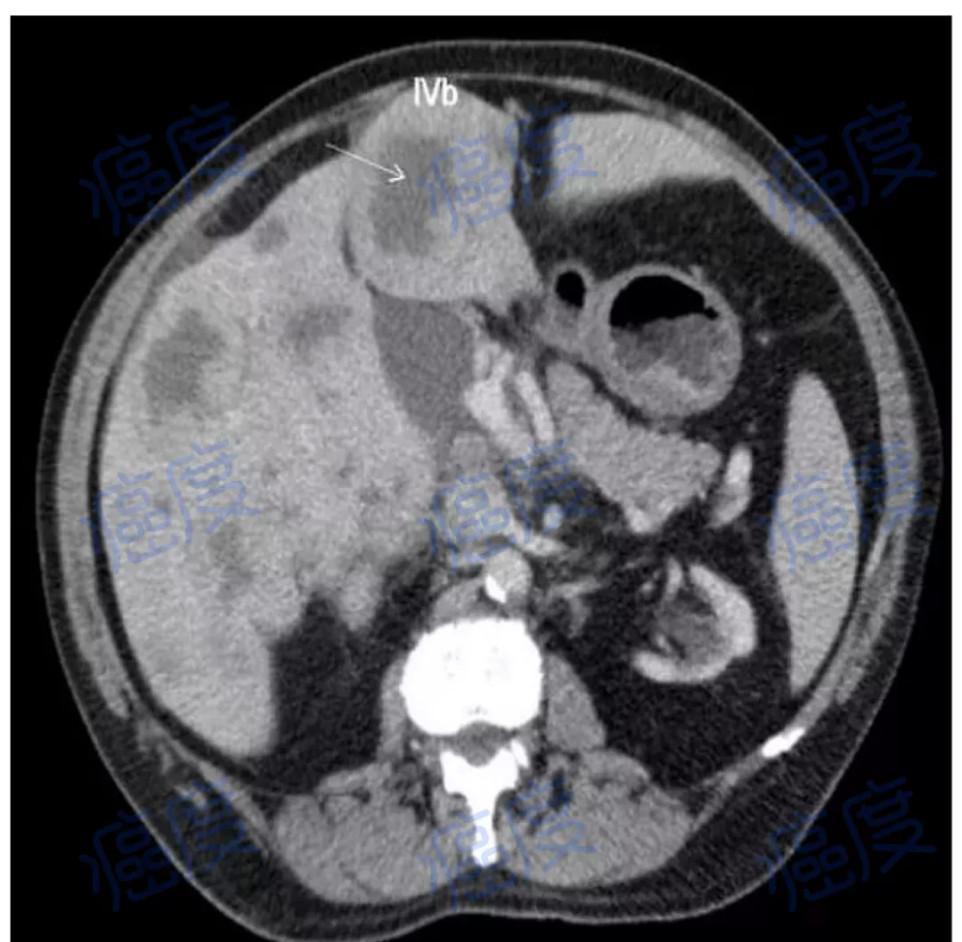In the process of tumor treatment, there is a rare phenomenon of "self-healing", which refers to the tumor disappearing on its own without systematic treatment. About 20 of every 100,000 malignant patients are lucky.
Why do tumors heal themselves? The cause of this phenomenon is not yet clear, because it is too rare to conduct large-scale studies. According to the researchers' exploration, the more common types of spontaneous regression of malignant tumors are: hyperactive renal tumors, neuroblastoma, malignant melanoma, chorionic carcinoma, and bladder cancer. In other cancers, the probability of spontaneous regression of the tumor is very low, such as stomach cancer.
The case of cancer that I share with you today is an extremely rare event such as spontaneous regression of tumors in the case of almost abandoning treatment.
The 74-year-old refused treatment and the tumor disappeared after 6 years
A 74-year-old man of South Asian descent who was treated for nausea, vomiting and sudden weight loss was referred by a general practitioner to a gastroenterology clinic. Patients have previously had type 2 diabetes, chronic kidney disease, high blood pressure and other diseases, but the use of drugs is well controlled. Patients do not have a family history of malignancy.
After abdominal ultrasound, a metastatic tumor in the liver was found, and gastroscopy and CT scans showed a large area of malignant ulcers in the small curvature of the stomach. Biopsy confirmed as low-differentiated adenocarcinoma. After multidisciplinary consultation and discussion, the patient was diagnosed with gastric adenocarcinoma with liver metastasis.

Figure 1: Abdominal CT scan shows that stomach cancer has metastasized to the liver
After the condition is resolved, the patient begins chemotherapy with drugs such as epirubicin, oxaliplatin, and capecitabine. The first course of treatment was well tolerated, but in the second course of medication, the patient was extremely unwell due to nausea and vomiting, and he chose to stop chemotherapy. After assessing the patient's physical condition, the clinician felt that continuing chemotherapy would not further benefit the patient, so the patient was transferred to a palliative care team in the community to recuperate, and the medication and other treatments were discontinued.
For the next 6 years, the patient did not take any intervention or treatment measures, and seemed to completely forget about the presence of the tumor. He was followed up by the patient's general practitioner, and only mild iron deficiency anemia and mild dyspepsia occurred. Diabetes is also well controlled, and liver function tests are normal.
After 6 years, the patient undergoes another gastroscopy, along with CT scans of the chest, abdomen, and pelvis. The results of the examination showed that there was a small nodule in addition to the gastric bend, the gastroscope did not show any signs of malignancy, and the small nodules in the stomach only showed chronic gastritis. Compared with ct scan results 6 years ago, the size and number of liver metastases were significantly reduced. No signs of metastatic disease were found in other organs.
Figure 2.Abdominal CT after 2.6 years shows that the lesions are all gone
To ensure the accuracy of the test results, doctors repeatedly verify the patient's identity based on a sample of a gastric biopsy. Patients feel well overall at later follow-up, and symptoms of anaemia have subsided without any intervention.
Lucky old man, what do you teach us?
For the spontaneous regression of malignant tumors, some researchers have reviewed the relevant literature, and there are 167 kinds of malignant tumors that have undergone spontaneous regression, of which 4 are gastric cancers.
Up to now, there have been 20 cases of spontaneous regression of gastric cancer reported in the literature, and there are also reports of metastatic gastric cancer resolution after surgery or 10 days to 6 months after receiving chemotherapy, which also indicates that the above cases are not unique. However, the real mechanism behind these self-healing cases has not yet been found, and scientists cannot explain exactly what caused such miracles.
Since spontaneous regression of malignancies is a very rare case, we remind everyone once again that "abandoning treatment" is not advisable in the vast majority of cases. Many times the malignant tumor foci are very large, the tumor load is very heavy, which will seriously affect the quality of life of patients, and the body's own immune system alone can not fight cancer, so it is necessary to actively use appropriate treatment measures. What we advocate is not to overtreat, if some treatment drugs and programs have no basis, have not been verified, or found to be useless for tumors through clinical trials, in this case there is no need to carry out additional treatment, otherwise it is not only expensive, adverse reactions to the patient's physical damage will be very serious, more than worth the loss.
The body's immune system is complex, it can cause diseases, it can also treat diseases. We hope that in the near future, researchers will have more new discoveries in this field, so that the body's wonderful immune system will bring more patients to true self-healing.
参考文献:Mansoor Zafar, et al., Delayed Spontaneous Regression of Metastatic Gastric Cancer: A Case Report of a Rare Finding,Cureus 13(12): e20224.